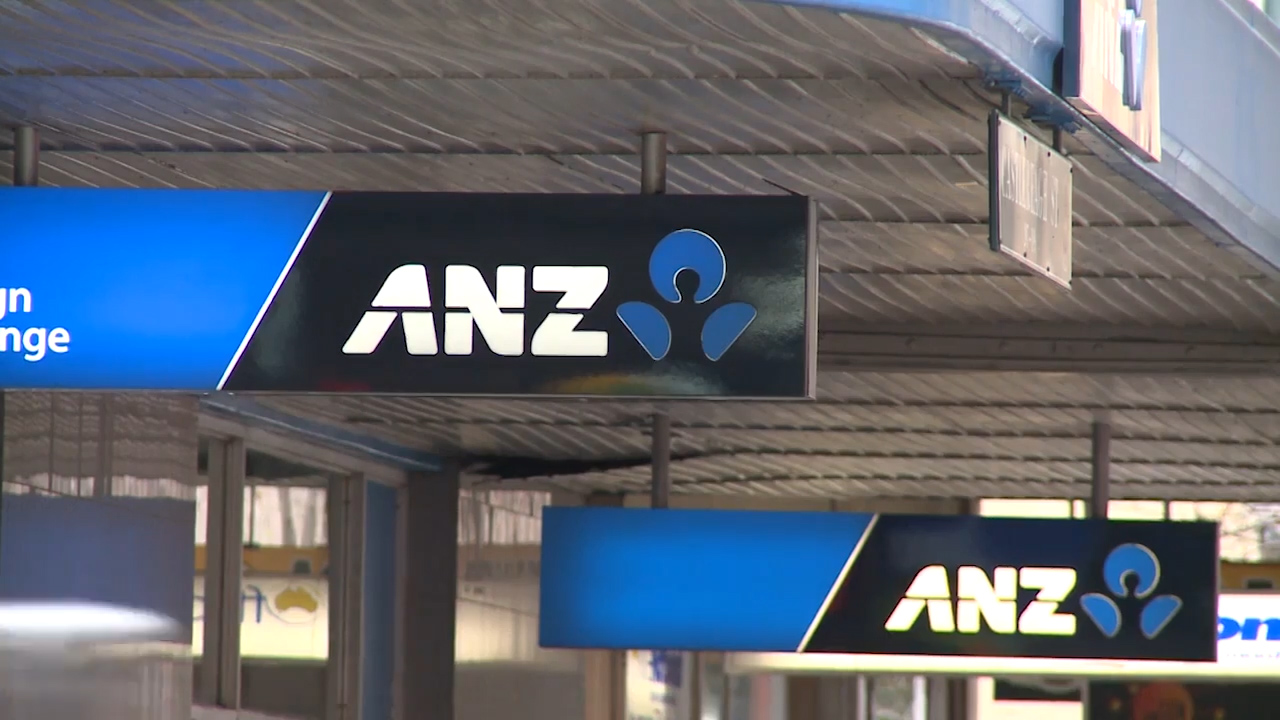Sales staff at ANZ have been told of a new bonus overhaul in an announcement that follows the release of the Sedgwick review’s Issues Paper on banking remuneration.
Speaking to the Australian Financial Review, Catriona Noble, managing director of retail distribution Australia at ANZ, said that satisfaction would be deemed a more important metric than sales targets when calculating staff bonuses.
She also confirmed the dumping of accelerator payments which reward staff with a higher rate of commission as sales volumes increase.
The overhaul will also eliminate financial gateways which incentivise cross-selling targets through pre-defined conditions.
The risks of both forms of payment were highlighted in the Issues Paper on Remuneration in Retail Banking released on Tuesday (17 January).
ANZ’s new incentive plan will come into force on 1 April and use a “balanced scorecard” approach, the AFR reports. This system will give a 70% weighting to customer and teamwork metrics and a 30% weighting to sales targets.
“Discretionary incentive payments will be based on a Banker’s whole-of-role performance relative to their peers (i.e customer, people, financial, risk/process measures, and our ANZ Values),” an ANZ spokesperson told Australian Broker.
“This new way of determining incentive payments will better recognise those who are performing strongly across all aspects of their role, with emphasis on both objectives (what is achieved) and values (how it is achieved). This will increase the focus and weighting on the customer as an important measure.”
The bank decided to keep a certain levels of sales targets after conducting a trial over 10 branches in which sales targets were eliminated entirely. End results found that sales numbers declined across deposit products, home loans, wealth management and business products.
With this information, ANZ decided to combine both customer outcomes and staff financial performance in its new scorecard.
“We felt it was important for our staff to have a strong desire to compete to have a customer choose us for a home loan,” Noble told the AFR. “This is not about creating a need to make a sale. But for a customer that has a need [for a mortgage], it is about making sure ANZ is their number one choice.”
To assess customer satisfaction, ANZ will conduct “A to Z reviews” with customers – an interview that assesses individual goals and needs to match the customer with the right products.
“We recognise the need to improve our ability to look after customers and meet their expectations, so customers can trust the bank, and [know] the solutions we recommend to them are appropriate and in their best interest and not just in the best interest of the bank,” Noble said.
She acknowledged that to implement these changes, ANZ leaders would have to be competent and capable as both coaches and evaluators of more subjective measurements such as customer satisfaction.

